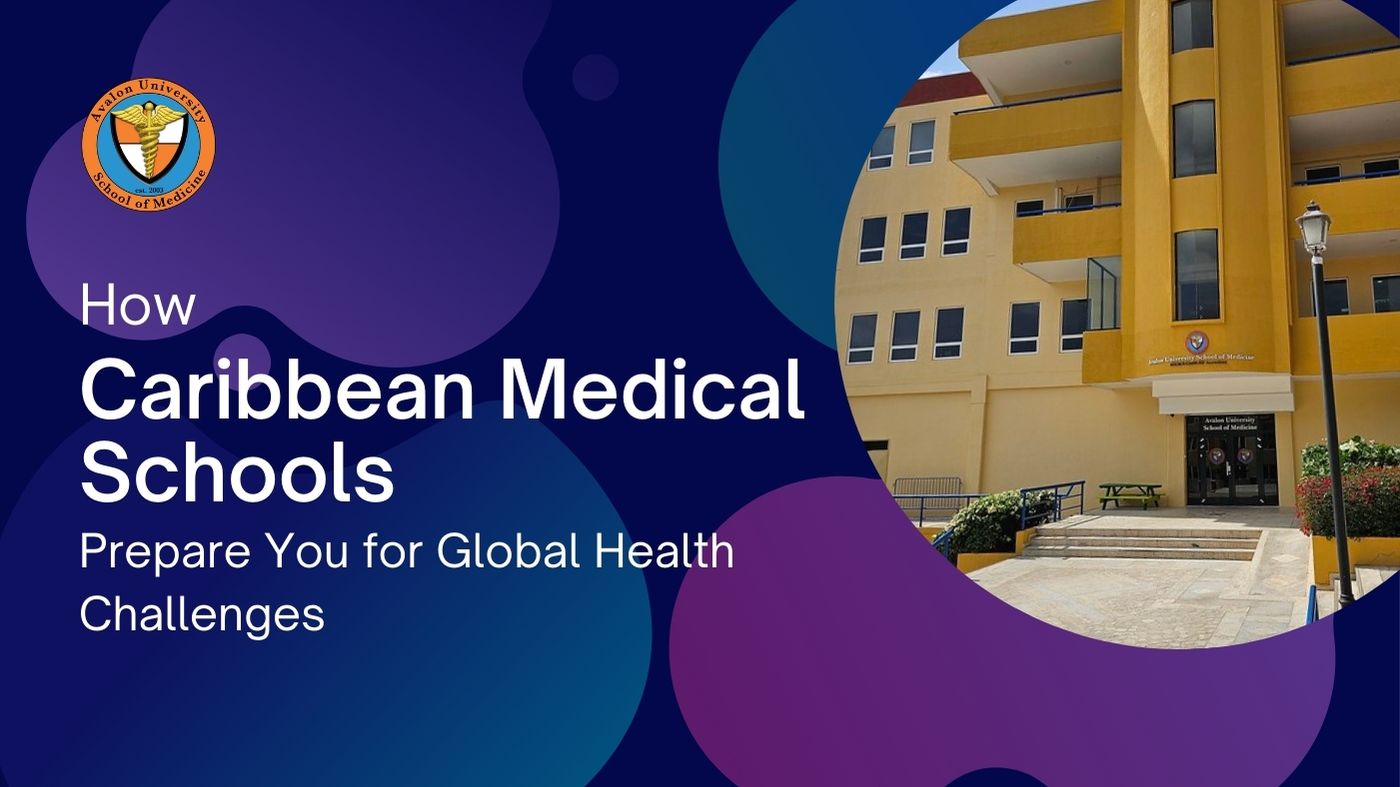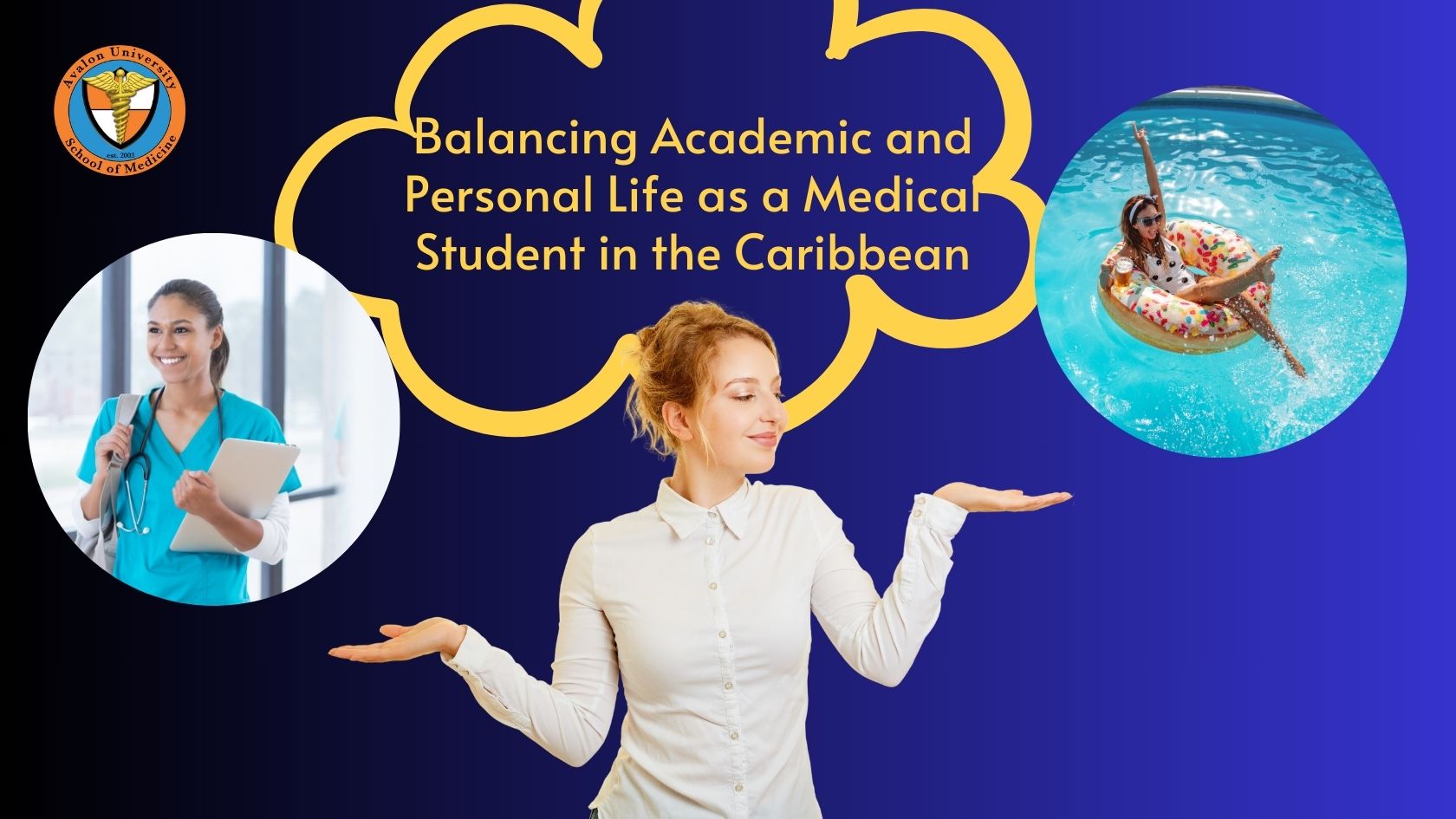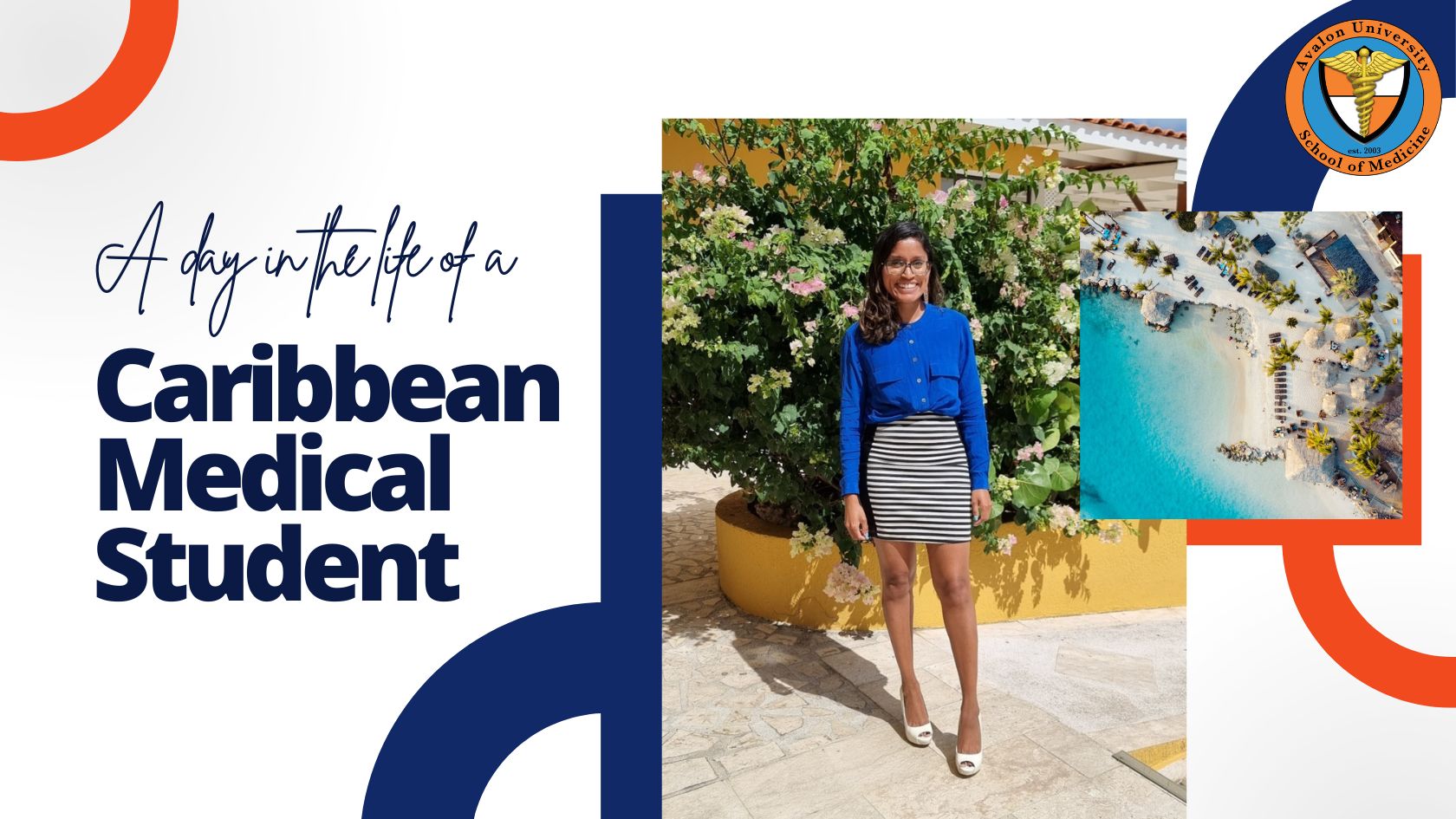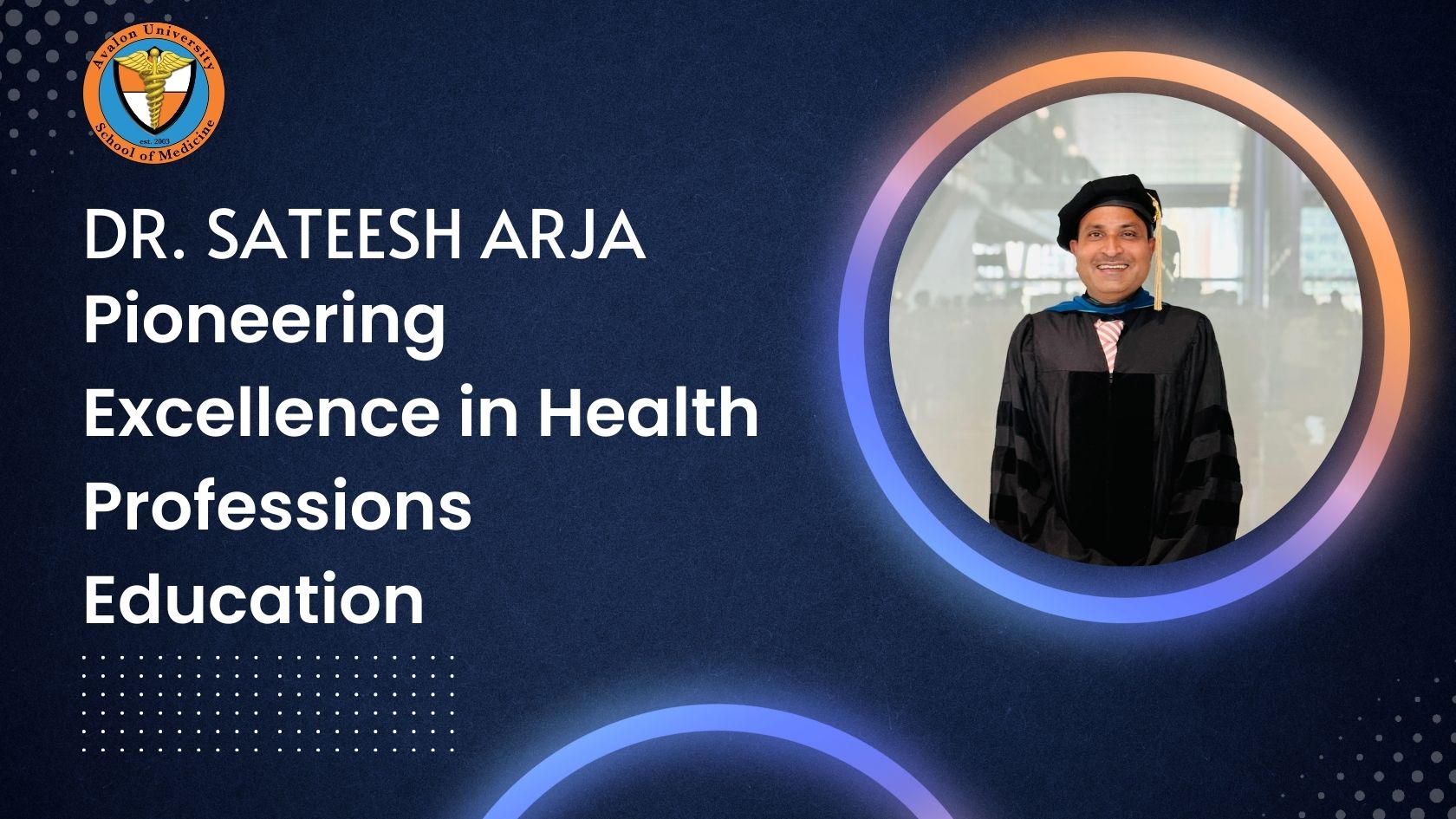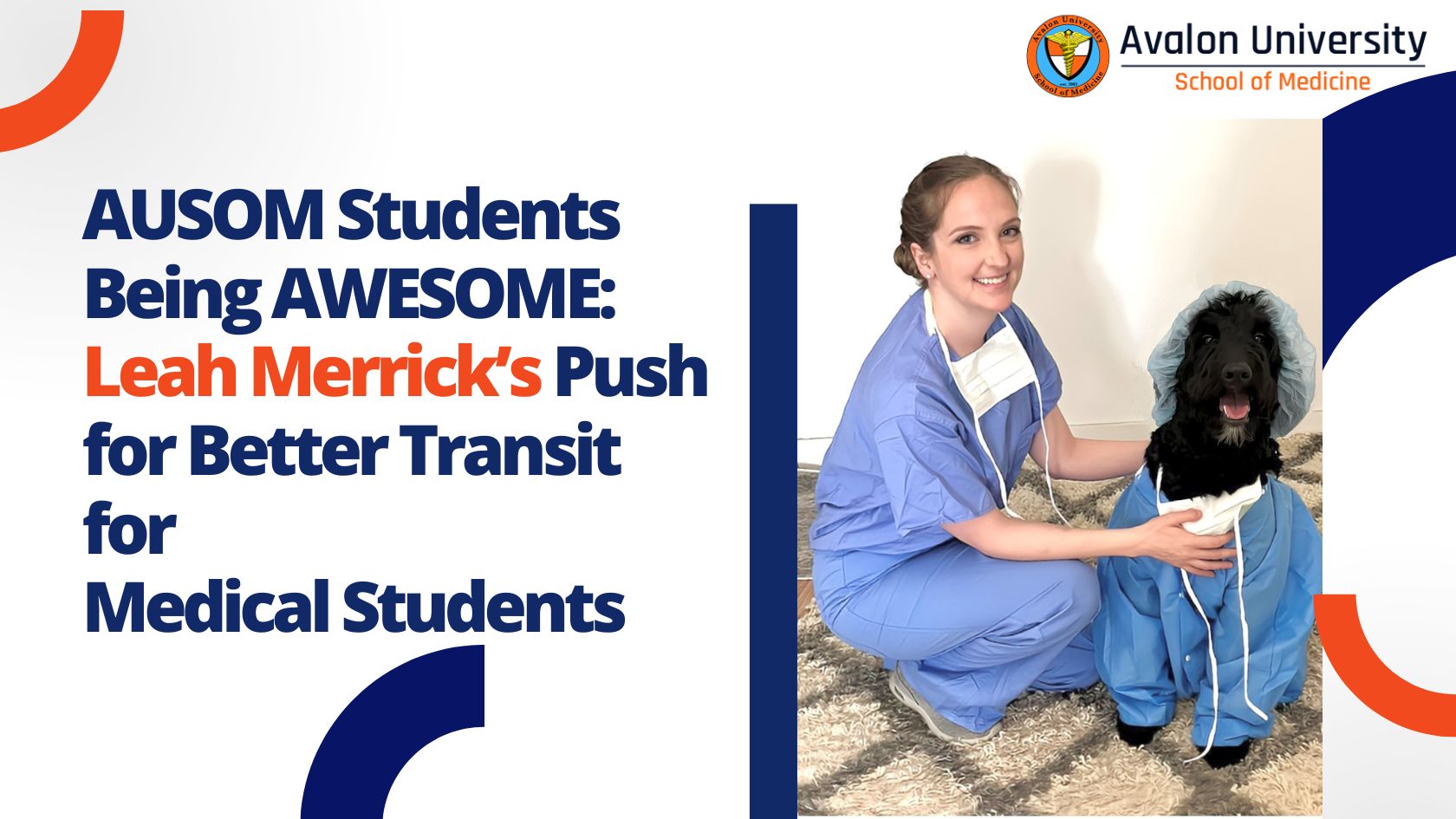How Caribbean Medical Schools Prepare You for Global Health Challenges
In an interconnected world where borders are becoming increasingly blurry, the field of medicine is experiencing a transformation through international medical education. This shift not only shapes the future of medical professionals but also has far-reaching implications for global healthcare.
International medical education can be defined as- the pursuit of medical training beyond national borders. It involves students seeking education in countries other than their own to participate in the cross-cultural exchange of knowledge and practices. This globalization of medical education has become a powerful force in shaping the next generation of healthcare providers.
Breaking down cultural barriers is one of the most evident impacts of international medical education. When aspiring physicians from diverse backgrounds come together, they bring with them unique perspectives, cultural insights, and varied approaches. This multicultural environment cultivates a global mindset among international medical students and prepares them to navigate the complexities of a diverse patient population.
International medical students develop a level of comfortability that cannot be achieved elsewhere. Exposure to different backgrounds and cultures in a diverse student body, students learn to respect and appreciate differences in ethnicity and culture through interactions with peers from around the world.
In a clinical setting, exposure to a variety of patients from different backgrounds poses medical challenges that increase physician adaptability, a crucial quality in a world where diseases do not adhere to geopolitical boundaries. Caribbean medical schools equip future healthcare professionals with a broader skill set and a deeper understanding of healthcare systems.
International Medical Education in Action: Case Studies
To illustrate how Caribbean medical schools prepare you for global health challenges, let’s examine a few cases from Avalon University School of Medicine’s clinical students and graduates. These cases highlight how a medical education at a Caribbean medical school, like Avalon, contributes to the improvement of healthcare on a global scale.
Leah Merrick, Clinical Student (3rd year): Bridging Gaps in Rural Healthcare in Beckley, WV
In her third year as a medical student at Avalon University, Leah Merrick actively embraces her role in addressing healthcare disparities in rural areas, particularly in Beckley, WV. Upon her transition to Avalon, Leah wasted no time immersing herself in the local community by participating in the Coalfield Community’s Health Fair and personally met with the local Department of Transportation to rally for more public transit options and bus stops in neighboring areas close to the hospitals. Leah emphasizes the importance of community outreach and understands the unique healthcare barriers that exist.
By reaching out to the community we learn what unique barriers are present to healthcare, reduce unnecessary hospital/office visits through primary and secondary prevention, and broaden understanding of local culture. Attending these events as a student provides an invaluable opportunity to improve our communication skills and patient outcomes
This involvement has ignited Leah’s passion for advocating policies that specifically target rural healthcare disparities. She is committed to implementing sustainable healthcare solutions in underserved regions.
Leah extends an invitation to fellow students, urging them to join her efforts, emphasizing the rewards that come from active community engagement and diversity during rotations. “It truly is a rewarding experience where we benefit as much, if not more, than our patients do.”
Leah sees community and local events as an opportunity for students to enhance their communication skills and contribute to improved patient outcomes.
Saad Akhter, Clinical Student (4th year): Addressing Global Health Disparities with “Global Grand Rounds”.
Recognizing the important role of international medical education in preparing graduates for global health challenges, Saad Akhter highlighted the impact of his experiences with international medical conferences. The annual conference, “Global Grand Rounds,” initiated by Dr. Herbert Oye, DO FACOS, specializing in Vascular & Endovascular Surgery at the West Virginia Vascular Institute, shows a tangible commitment to bridging the global healthcare gap in both Africa and Rural America.
Under the guidance of Dr. Oye, Saad and fellow medical students have benefited immensely from their involvement in this initiative. In a recent conversation, Saad drew on his work with the conference that is partnered with a hospital in Bayelsa, Nigeria. Saad actively contributed to the coordination of Global Grand Rounds.
These gatherings give us future physicians a sense of the global responsibility, encouraging us to advocate for health initiatives and equity.”
His experiences with Bayelsa have reinforced his commitment. Emphasizing the pressing need to take on global health challenges like this, he states, “I’ve personally witnessed the unfortunate consequences of medical negligence due to resource shortages and public knowledge gaps.”
This type of exposure showed him the pressing need for change in healthcare systems. This is one of the ways Avalon University, a Caribbean Medical School, prepares students to take on global health challenges.
Dr Zainab AlQaysi, AUSOM Alumna (2023): Cultural Competence in Patient Care
Caribbean Medical Schools have flexibility globally for medical education that helps prepare students for global health challenges. Dr. AlQaysi, Avalon Graduate, had the opportunity to complete a clinical rotation in Ireland!
Participating in a clinical rotation abroad enriched my medical education with diverse experiences, cultures, and approaches. My time in Ireland was particularly remarkable, the warm welcome from both doctors and patients made it an amazing learning opportunity.
Challenges and Opportunities in International Medical Education
While international medical education brings numerous benefits, it is not without its challenges. Adapting to different healthcare systems, cultural norms, and educational approaches can be daunting for students. However, these challenges present valuable learning opportunities and grow resilience, adaptability, and a deeper appreciation for the complexities of global healthcare.
Caribbean medical schools whose graduates are pursuing careers in the United States, may face additional challenges due to existing biases within the established healthcare system. They often face unique hurdles, including skepticism about the equivalency of their education and training, cultural differences, and at times, unwarranted prejudices. Navigating through such biases becomes a part of their journey and in of itself overcomes a global health challenge of physician shortages.
Choosing the right Caribbean Medical School to prepare you to meet these challenges means ensuring that the qualifications of the school are recognized globally. Issues related to certification and accreditation can be confusing, requiring students and institutions to dedicate themselves to learning about the processes and ensuring that the education received meets international standards. AUSOM has addressed this particular global health challenge by becoming one of few fully Accredited Medical Schools in the Caribbean with both ACCM and CAAM-HP accreditation.
Looking Ahead: Preparing for Global Health Challenges
Caribbean medical schools foster a multicultural learning environment, encouraging students to understand and address health disparities and collaborate effectively in international and underserved communities.With a comprehensive curriculum that emphasizes clinical experience, cultural competence, and evidence-based practice, Avalon University stands out as a leader in how Caribbean medical schools prepare students for global health challenges Avalon’s graduates are well-prepared to meet the demands of global healthcare and contribute meaningfully to improving health outcomes worldwide.

